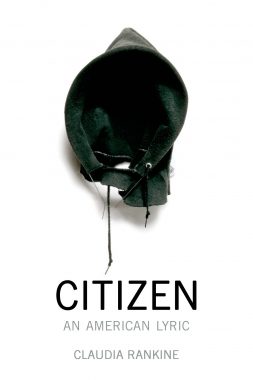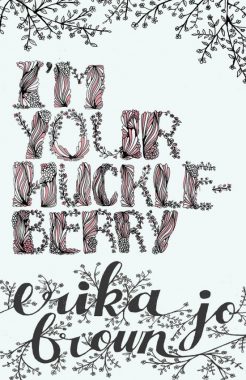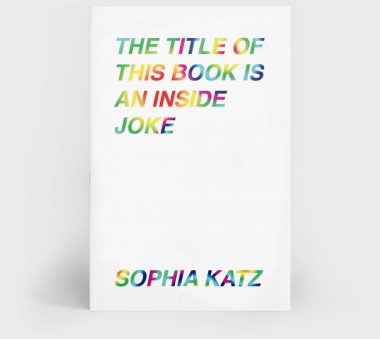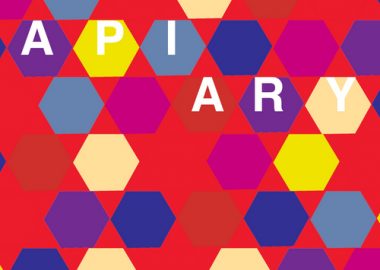So, look, there’s reason to be suspicious of a poet highlighting a poem about poets. The conflict of interest is staggering and, hell, there’s certainly something indulgent about it. I can’t deny these things either. I am defenseless.
Disclaimers and apologies aside, I’m going to do it anyway.
In the most recent issue of APIARY, a lit mag based out of Philadelphia, I found a piece by Kevin Varrone that succinctly put the worth of the poet in the world into perspective. Here’s Varrone’s “Valu Plus-One” from APIARY:
VALU PLUS-ONE
(for ryan eckes)
I think people think
poets just wander around
and waste time and drink coffee and
drink beer and drink wine and smoke pot all day-
dream and scribble in notebooks
meant for school kids and go to readings and openings
to steal beer and steal wine and eat
cheap brie and I think they’re right
but only if they mean poets do this stuff
while they’re teaching or working
soulless office jobs and
those who think this think
money is important or their car is
important or they are important which they are
only if they’re also poets, or human beings, and I think
only the best poets
do all of the above and sometimes
they spend hours on Facebook
and so what you invisible hand jerk-offs
get your romney signs
off my property, how’s that
for small gov’t and individual liberty
or did you mean I can live however I want
so long as how I want to live is how you think
I should live I’m pretty sure
most of my friends who are great poets
will die penniless as they’ve lived
and their pensions will be poems
and their insurance is made of poems
and their bank accounts are filled with poems
and like you they can’t take those with them when they die
so they share them while they’re alive
they share them, by which I mean they give them away
free gratis with their invisible hands
to anyone who needs them or wants them
and they have no value
except that which is bestowed by their creator,
which is to say that poor fuck wandering around
drunk or hopped up on caffeine and brie
and squinting into the center of the earth.
Yes, ladies and gentlemen, one sentence and no punctuation or capitalization. I know some of you are pulling your hair out already. I think the form works for what the piece is trying to do, but that’s not even the most important part of this for me.
Of course, there’s plenty of ways to enjoy or dislike a poem. For me, this poem is carried by it’s sentiment (let the poet-liking-a-poem-about-poets indulgence begin). The main concern of the poem is identifying the place of the contemporary poet in society, probably the most pressing question for poets everywhere writing today. Let’s be honest, probably since the 1960’s, the role of the poet in public life has been diminished to near obscurity. Our world doesn’t have somebody like Allen Ginsberg, showing up in the news and on television in a meaningful way. We don’t even have musicians such as Lou Reed (we’ll miss you, Lou) or Bob Dylan or Patti Smith calling themselves or being called poets. Whether these people deserve to be called poets or not is beyond the point. At one point the word poet carried a lot of significance in our world, with most of that significance being positive. Labeling one’s self or somebody else as a “poet” was to say that somebody was in tune with their surroundings, sage-like, or, at the very least, an artist. The only popular cultural lightning rod poetry has had in the past 15 years (give or take a few years) has been slam poetry (popularized by Slam Nation), a genre whose legitimacy is controversial among top academics such as Howard Bloom or people that think, as Varrone puts it, “they are important.” Regardless of the strange debate over slam, it is a genre that is barely representative of the poetry community as a whole.
It would be ignorant, naive even, for a poet to not occasionally look around the room and a reading and ask him/herself, “what the hell are we all doing here?” Boo-hoo. What’s a contemporary poet to do?
This is precisely why I like Varrone’s “Valu Plus-One.” He takes this huge issue and answers the way you’d expect a poet to answer it, by essentially saying, “I don’t know, man, but this is what I’ve got.” And that “what I’ve got” is a graceful and honest approach to the question.
Varrone introduces the poet as the more recent stereotype: the caffeinated, drunk, stoned, and poor artist. He doesn’t deny the stereotype may often be true, but wants to clarify what the poet is. The entire poem can be seen as a giant, “Yeah, but…” At the end of the ellipses, Varrone paints today’s poet as something of an act of nature as opposed to a position of status. This much is certain: nobody gets into poetry for the cultural or monetary capital anymore. So if there is no cultural or monetary capital to gain, the poet, according to the piece, is something that acts for the sake of action. You know, the whole art-for-art’s-sake thing. It isn’t a new idea by any means, but it reminds us readers and writers of poetry that it has lived on with no incentive to do so from the rest of the world.
The idea of being part of a world that survives off itself (the “only poets read poetry” argument) may be unsatisfying or even downright depressing. The closest-to-right answer to “what are we doing here” may be a giant shrug of the shoulders. I think what Varrone’s poem suggests, however, is that the implications of that realization are brighter than that: that there is an innate human drive to examine and share, regardless of cultural or monetary compensation. That at the very core of it, everyone does this because they must.
I’m not necessarily sure of what that says about poets, whether they are fighting inevitable extinction or are too weird to die, but bearing these thoughts in mind, I’ll tend toward the latter.
“Value Plus-One” was republished with permission from the author.




